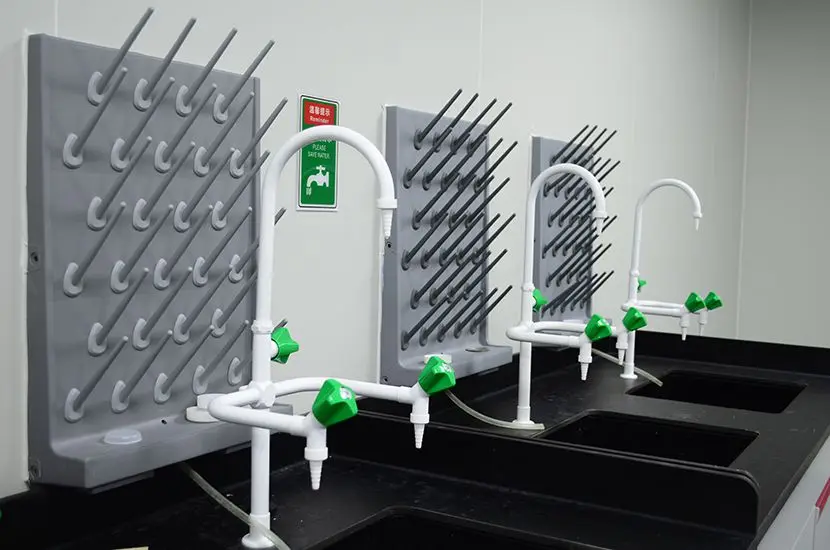
Required Tests for TPE (TPR) Children's Toy Materials in the EU
TPE (TPR) children's toy materials and products exported to the European Union must comply with the reach regulation and obtain CE certification. The requiRED tests include:
EN71 Testing
EN71 is the EU’s standard for testing toys, handicrafts, and decorative items. Children's toys and infant products exported to the EU must meet EN71 requirements. EN71 consists of 11 parts, but TPE and TPR children's toy materials mainly undergo the first three:
1.1 EN71-1: Physical and Mechanical Properties Test
- Test content: Includes sharp edges, tensile strength, compression tests, etc., to ensure that toys do not cause harm to children under normal use or misuse.
1.2 en71-2: Flammability Test
- Test content: Measures the burning speed of toys, especially yarn toys, textile toys, and headwear toys, to ensure they do not catch fire quickly, reducing fire hazards for children.
1.3 EN71-3: Heavy Metal Migration Test
- Test content: Evaluates the migration of eight heavy metals (antimony, arsenic, barium, cadmium, chromium, lead, mercury, and tin) to prevent children from absorbing harmfUL substances through oral or skin contact.
Phthalates Content Test
This test is specifically for plastic materials, and since TPE and TPR are soft rubbers, it is mandatory. Phthalates testing is categorized into 3-item, 6-item, and 15-item tests, depending on the toy’s target age group:
- Toys for children under 3 years old: Usually require 6-item testing to ensure phthalate content does not exceed legal limits.
- Toys for children over 3 years old: May undergo 3-item testing, but specific requirements depend on customer demands.
Other Possible Tests
In addition to EN71 and phthalate content testing, other tests may be required depending on the situation:
- CheMICal Testing: Checks for harmful substances such as formaldehyde and azo dyes.
- Microbiological Testing: Ensures toys are free from harmful bacteria, mold, and other microorganisms.
- Packaging Material Testing: Evaluates the safety of packaging materials and ensures they do not contain hazardous substances.
Email:hello@jjrlab.com
Write your message here and send it to us
 Cost of U.S. FDA CFR 21 177.2600 Test Report
Cost of U.S. FDA CFR 21 177.2600 Test Report
 How much does the IP44 Compliance Test cost
How much does the IP44 Compliance Test cost
 What is LFGB Test
What is LFGB Test
 What does LFGB certified mean?
What does LFGB certified mean?
 Weee authorised representative germany
Weee authorised representative germany
 Where to Apply for 2026 Air & Sea Transport Ce
Where to Apply for 2026 Air & Sea Transport Ce
 Guide to IEC Test Reports for Lighting Exports
Guide to IEC Test Reports for Lighting Exports
 IEC/EN 62471 and IEC/EN 62778 (Photobiological Saf
IEC/EN 62471 and IEC/EN 62778 (Photobiological Saf
Leave us a message
24-hour online customer service at any time to respond, so that you worry!




